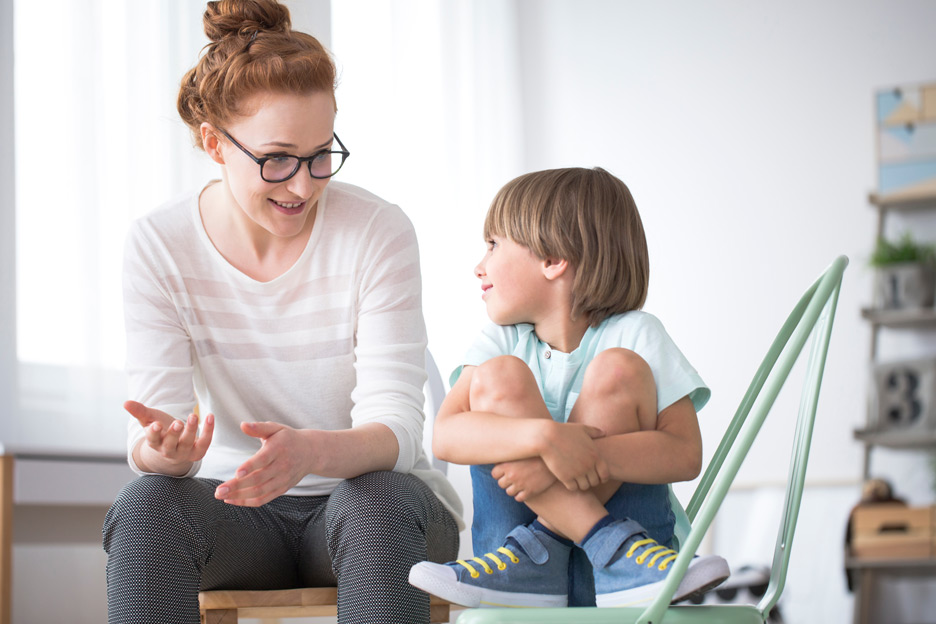What you need to know about ADHD
Contents
Treatment for ADHD is important as untreated ADHD, particularly in adults, can create numerous issues, such as problems at school, trouble managing time, forgetfulness, and impatience that can cause problems in relationships, home, and work. Treatment for ADHD usually includes medication, behavioral therapies, counseling, education, skills training, or a combination of these treatments.

What does the Procedure Involve?
Medications
Medication is usually an important part of treatment in children with ADHD. There are two main types of ADHD medications:
-
Stimulant medications (psychostimulants) can boost and balance levels of brain chemicals known as neurotransmitters. Examples of stimulants are amphetamines and methylphenidates. The right medication and the right dose vary from one person to another, so it may take some time to find out what is right for you or your child.
-
Non-stimulant medications can be used if stimulants do not work well for you or your child, or they cause side effects. Your doctor may prescribe atomoxetine and antidepressant instead of stimulants, but they usually work slower.
Therapy for children with ADHD
Children with ADHD may benefit from several different types of therapy. In therapy, kids usually learn by doing, meaning they draw, play, and talk. For older kids and teens, activities and ideas will be shared to build the skills they need. These include:
-
Behavior therapy can provide support for carers of children with ADHD, which usually involves parents and teachers. In behavior therapy, they will be taught behavior-changing strategies, such as timeouts and token reward systems, to deal with difficult situations.
-
Social skills training involves your child taking part in role-play situations. The aim of social skills training is to teach them how to behave in social situations.
-
Parent training and education program is specially tailored to help you learn ways to talk to your child, as well as ways to play and work with them to improve their behavior and attention.
-
Psychotherapy is designed to help older children with ADHD to explore negative behavior patterns, talk about problems that bother them, and learn ways to deal with their condition.
-
Family therapy can help parents and siblings deal with the stress of living with a family member who has ADHD.
Therapy for adults with ADHD
Counseling for adults with ADHD usually includes psychological counseling (psychotherapy), learning skills, and education about the disorder. Psychotherapy can help you learn how to reduce impulsive behavior, improve your organizational and time management skills, develop better problem-solving skills, improve self-esteem, develop strategies to control your temper and cope with past failures (academic, work, or social), and learn ways to improve relationships with your family, friends, and co-workers.
The following are the most common types of psychotherapy for adults with ADHD:
-
Cognitive-behavioral therapy (CBT) is a talking therapy to help you manage your problems by changing the way you think or behave. It can help you deal with life challenges, such as work or relationship problems.
-
Marital counseling and family therapy are aimed to help your loved ones cope with the stress of living with someone who has ADHD. This therapy also helps them learn what they can do to help you.
How Long Should I Stay in the Area?
Your length of stay in the area depends on your goal. The therapist may want to see you or your child once a week for a few months until symptoms have largely improved. Your medical travel team and/or therapist should be able to advise you on this matter.
What’s the Recovery Time?
There is no specific recovery time after ADHD treatment. You or your child should be able to do normal activities even during treatment. In most cases, the therapist will let you know when you or your child is ready to go back to school or work.
What About Aftercare?
You will be given advice on how to live with ADHD or how to care for a child with ADHD.
For adults with ADHD, the following advice may be helpful:
-
Let off steam by exercising regularly.
-
Make lists, stick up reminders, keep diaries, and set aside some time to plan what you need to do if you find it hard to stay organized.
-
Find ways to help you relax, such as learning relaxation techniques.
-
Join a support group.
For parents with children who have ADHD:
-
Plan the day to let your child knows what to expect and set routines.
-
Set up your own incentive schemes, such as using points or star charts for good behaviors.
-
Ensure your child gets lots of physical activity.
-
Ensure your child goes to bed at the same time every night and gets up at the same time in the morning.
What’s the Success Rate?
Treatment for ADHD cannot cure the disorder, but it can help you or your child manage the symptoms. Stimulants are the most effective medications, with about 70% to 80% responsiveness rates.
While therapies usually do not have any risks or side effects, medications do carry some potential side effects. These include heart problems, psychiatric problems, sleep problems, delayed growth, and reduced appetite.
Are there Alternatives to ADHD Treatments?
The FDA approved a new medical device to treat children with ADHD who are around 7 to 12 years old and not taking ADHD medicine. This device is called the Monarch external Trigeminal Nerve Stimulation (etns) system. It can be used at home under parental supervision when the child is sleeping. For adults with ADHD, there is little research that indicates alternative treatments can reduce symptoms.
What Should You Expect Before and After the Procedure
Before ADHD treatment, it might be hard for you or your child to control the symptoms of the disorder, such as inattentiveness, hyperactivity, and impulsiveness. After treatment, these symptoms should be managed and you or your child should be able to control these symptoms, so you can concentrate, follow rules, and have good relationships with parents, family members, friends, and significant others.
For an in-depth analysis of an ADHD Procedure, watch this short video.
To check prices or to book an ADHD Procedure, in Thailand or anywhere else in the world, head on over to MyMediTravel now!

